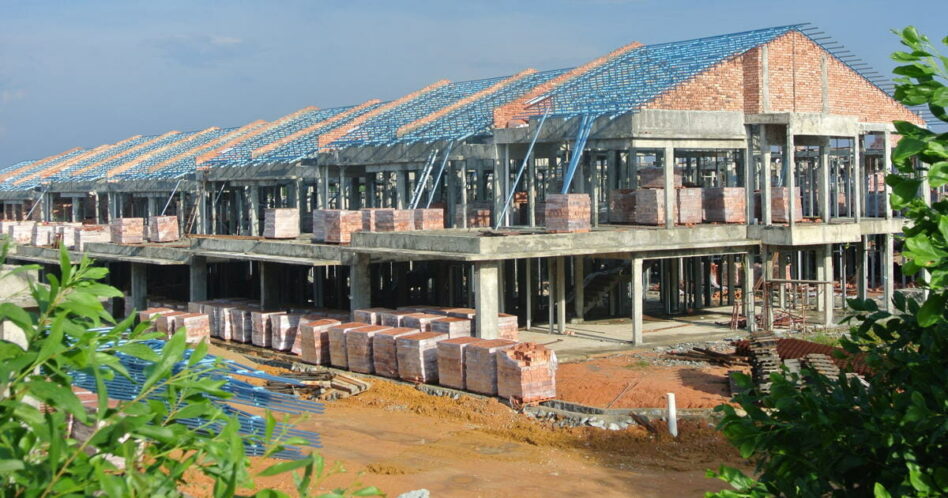By Ranjit Singh
THE Malaysian economy grew at a slower-than-anticipated pace of 3.6% in the fourth quarter of 2019, driven by higher private sector spending. Growth was affected by supply disruptions in the commodities sector. For the full year, the economy expanded by 4.3% versus 4.7% in 2018.
This came below economists’ forecast of 4.2% for 4Q19 compared with 4.7% a year ago, marking the slowest pace since 2Q16 when the GDP grew 4%. This also marks the lowest level for the GDP since the Global Financial Crisis in 2009, according to Bank Negara Malaysia governor Datuk Nor Shamsiah Yunus.
According to the governor, private consumption grew strongly by 8.1% (3Q19: 7%), while private investment registered a higher growth of 4.2% (3Q19: 0.3%).
On a quarter-on-quarter seasonally-adjusted basis, the economy grew by 0.6% (3Q19: 0.9%).
During the quarter, headline inflation averaged lower mainly reflecting the lapse in the impact from the Sales and Service Tax (SST) implementation. Core inflation, excluding the impact of consumption tax policy changes, was stable at 1.4%, said Nor Shamsiah.
The ringgit appreciated by 2.3% against the US dollar in the fourth quarter, supported mainly by the resumption in non-resident portfolio inflows. This was due to improved investor sentiments following positive developments on global trade negotiations.
“The ringgit had been stable and was moving in line with regional currencies during the period,” said Nor Shamsiah.
Synchronised policy rate cuts by several major central banks also contributed to the improvement in global investor risk appetite during the quarter.
As a result, for 2019 as a whole, the ringgit recorded an appreciation of 1.1% against the US dollar, in line with the trend of regional currencies.
The performance of the ringgit in 2020 will continue to be influenced by external developments.
“While the Phase One trade deal between the US and China contributed to an improved outlook on global trade, investor sentiments are also affected by concerns over the coronavirus outbreak. As a result, the ringgit has depreciated by 1.3% against the US dollar so far this year (until Feb 10), amid weaker sentiments in global financial markets,” the central bank governor said.
She added that net financing expanded by 4.7% on an annual basis, supported by sustained growth in outstanding loans.
Growth in outstanding business loans improved, while outstanding household loans grew at a stable pace. Demand for both types of loans sustained its momentum from improvements since the second quarter. However, growth of outstanding corporate bonds moderated slightly amid higher redemptions.
Nor Shamsiah also expects growth in 2020, particularly in the first quarter of the year, to be affected by the coronavirus outbreak.
“The overall impact of the virus outbreak on the Malaysian economy will, however, depend on its duration and spread as well as policy responses by the authorities.
“For the year as a whole, growth will be supported by household spending, the realisation of approved private investment projects in recent periods, and higher public sector capital spending,” she said.
Nevertheless, there are downside risks to growth. These include uncertainties in external conditions arising from the coronavirus outbreak, various trade negotiations and geopolitical risks, as well as domestic factors, including weakness in the commodities sector and delays in project implementation.
BNM sees a two-way capital flow and exchange rate volatility.
Headline inflation in 2020 is projected to average higher than in 2019, but remain modest. The trajectory of headline inflation will be dependent on global oil and commodity price developments and the timing of the lifting of the domestic retail fuel price ceilings.
Underlying inflation is expected to be broadly stable, reflecting the continued expansion in economic activity and the absence of strong demand pressures.
Nor Shamsiah also said BNM was in discussion with the government to introduce an economic stimulus package to lessen the impact on the economy from the novel coronavirus outbreak. – Feb 12, 2020









